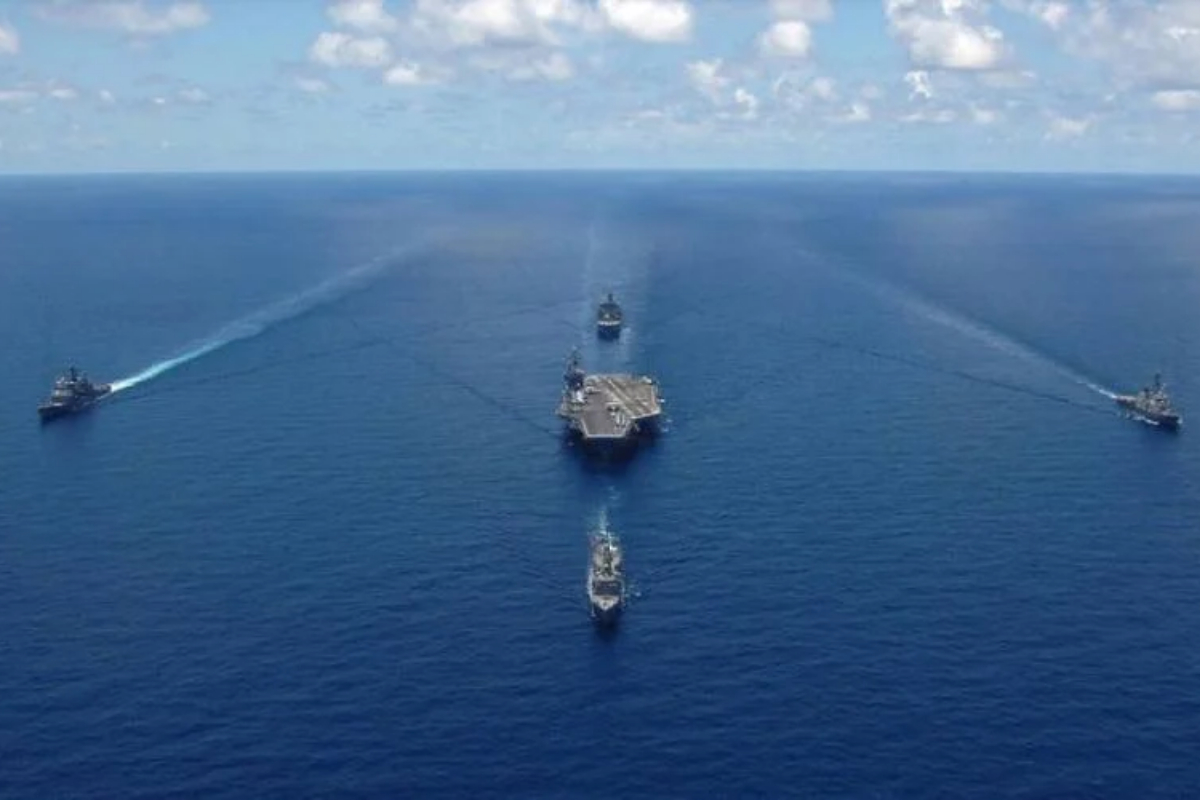- US Naval War College professor has a warning for American military planners.
- As China continues to expand what is already the greatest navy in the world.
- Former US Navy Captain and Leidos Chair of Future Warfare Studies, Tangredi examined 28 maritime warfare.
A professor at the US Naval War College has a warning for American military planners as China continues to expand what is already the greatest navy in the world: In naval conflict, the bigger fleet almost always prevails.
If history is any lesson, China’s numerical advantage is likely to result in a loss for the US Navy in any battle with China, writes Sam Tangredi in the January issue of the US Naval Institute’s Proceedings journal.
Former US Navy Captain and Leidos Chair of Future Warfare Studies, Tangredi examined 28 maritime warfare, ranging from the Greco-Persian Wars of 500 BC to more modern Cold War proxy clashes and interventions. He discovered that just three times did better technology triumph over greater
“All other wars were won by superior numbers or, when between equal forces, superior strategy, or admiralship,” Tangredi wrote. “Often all three qualities act together because operating a large fleet generally facilitates more extensive training and is often an indicator that leaders are concerned with strategic requirements,” Tangredi wrote.
The three outliers—wars from the 11th, 16th, and 19th centuries—are probably unknown to any but the most passionate of researchers, but others that demonstrate situations in which statistics outperform technology are undoubtedly well known.
Consider the Napoleonic Wars in the early 1800s.
French warships were more technologically advanced in terms of ship design and construction, but ultimately, Tangredi claimed, it was the sheer number of Royal Navy ships that kept Napoleon from crossing the (English) channel.
[embedpost slug=”russia-allows-a-former-us-navy-officer-into-poland/”]

















